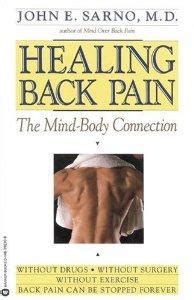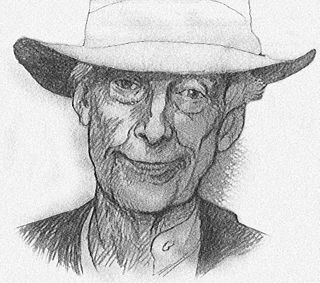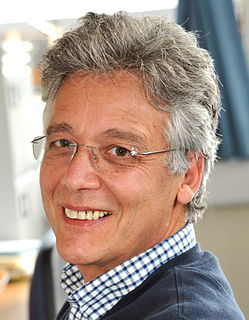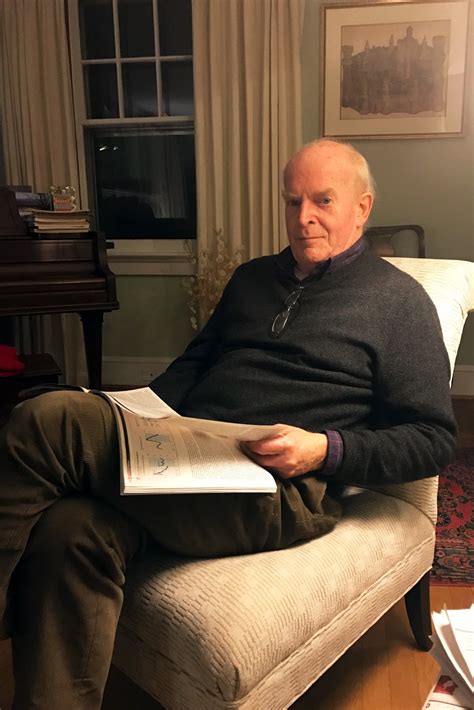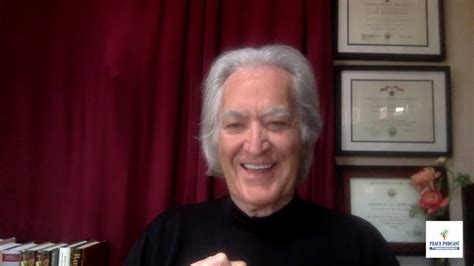A Quote by Matthieu Ricard
We have known about the placebo effect for many years. This is a remarkable effect - placebo can cure 30 percent in many cases.
Related Quotes
I'll take transformational change any way it comes. One way to look at meditation is as a kind of intrapsychic technology that's been developed over thousands of years by traditions that know a lot about the mind/body connection. To call what happens 'the placebo effect' is just to give a name to something we don't understand.
If the brain expects that a treatment will work, it sends healing chemicals into the bloodstream, which facilitates that. That's why the placebo effect is so powerful for every type of healing. And the opposite is equally true and equally powerful: When the brain expects that a therapy will not work, it doesn't. It's called the "nocebo" effect.
Eventually it became clear that our emotions, attitudes, and thoughts profoundly affect our bodies, sometimes to the degree of life or death. Soon mind-body effects were recognized to have positive as well as negative impacts on the body. This realization came largely from research on the placebo effect—the beneficial results of suggestion, expectation, and positive thinking.

